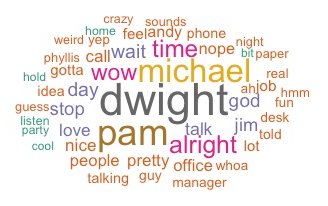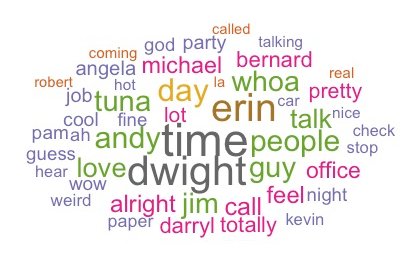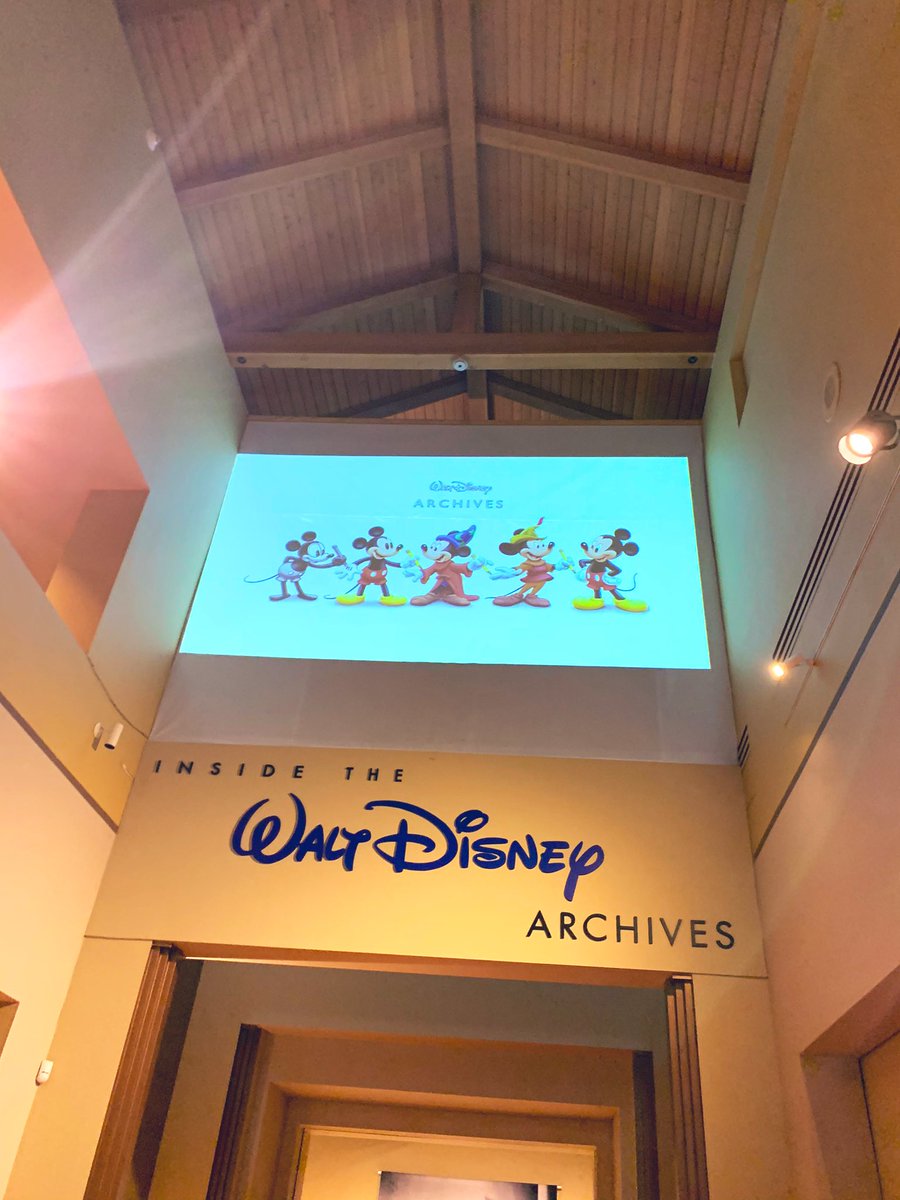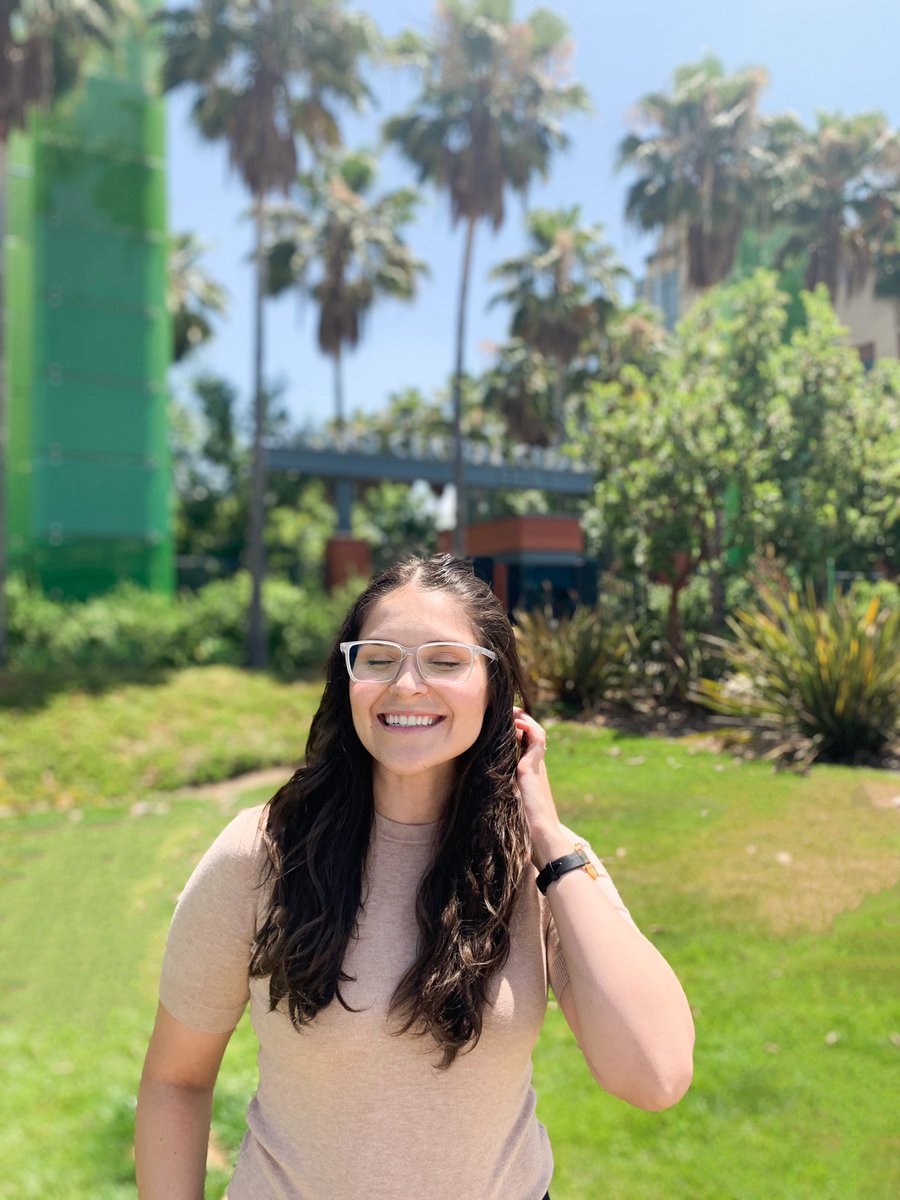What do you think is the most commonly used word in @theofficenbc? What about by character?
Check out some word clouds I made of our fav characters from #TheOffice using the new #shRute package 👩🏻💻
Bonus: How many times do you think Michael actually said "That's what she said"?
Check out some word clouds I made of our fav characters from #TheOffice using the new #shRute package 👩🏻💻
Bonus: How many times do you think Michael actually said "That's what she said"?
@theofficenbc Michael Scott's most commonly used words (the larger the word the more it was used) for all seasons of The Office: 


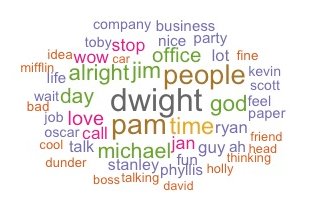
"That's what she said" broken down by #TheOffice characters 

Used #RSentiment package (Bose & Goswami, 2018) to analyze sentiment in all seasons of #TheOffice by character - sarcasm shown by percentage (%) of all lines 

• • •
Missing some Tweet in this thread? You can try to
force a refresh


